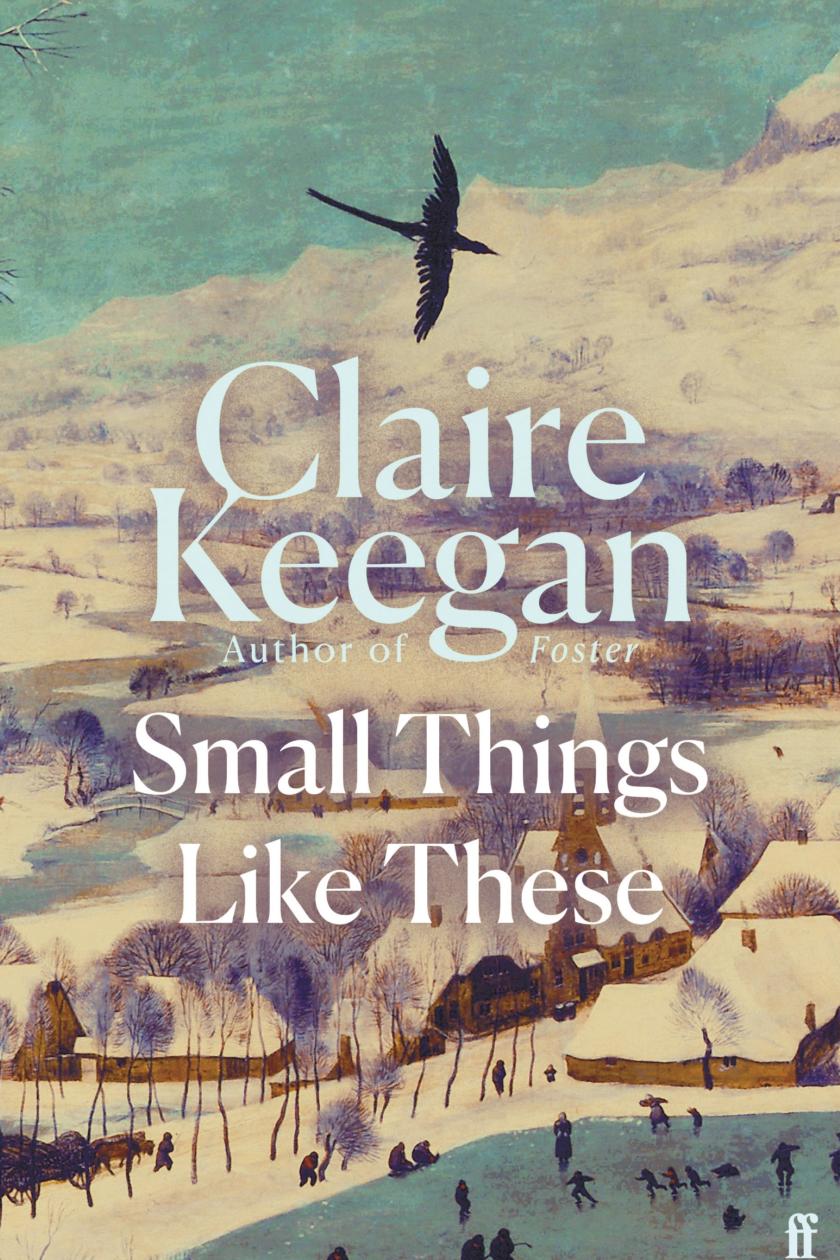Small Things Like These is yet another example of Claire Keegan gracefully sketching simple, short stories that go beyond the physical boundaries of their neatly bound exteriors. In her latest novella, Small Things Like These, Keegan plunges us into the depths of a morally bankrupt Ireland of the 1980s. The story follows Bill Furlong, a coal and timber merchant and father of five children in New Ross, County Wexford, as he navigates his intrusive past and the unwritten rules of a provincial town ruled by the Church. The calmness of Keegan’s characteristic opening invites us into a seemingly comfortable, compact home full of quiet familial love but it is quickly mutilated by the harsh realities of an Ireland polluted with the cruelty of the clergy.
In light of the Irish government’s decision to seal the files associated with the atrocities of the Magdalene Laundries, Keegan offers Small Things Like These as a subtle rebuke to give voice to the voiceless. Despite the narrative following a male protagonist, it is in his various encounters with women that Furlong is given a story. He worries for the well-being of his daughters and questions the life his mother would have lived had a gracious Mrs Wilson not intervened. The pull of the plight becomes rather heartbreaking when he considers his mother’s circumstances: “Was she not one of the few women on this earth who could do as she pleased?” Keegan’s choice of the male protagonist cleverly anaesthetises some of the more distressing scenes as if allowing us to view them from an upstairs window rather than greeting them at the front door. Further on, faced with the dilemma of whether to act and risk the safety of his family or to turn a blind eye, Furlong’s character raises the question of how someone like him may have redirected the course of history when so many chose self-interest over compassion. However, the story, rather refreshingly, is not explicitly polemical but reads more as a simple fable, leaving readers some agency to deduce what they wish from the book.
As an appointed writing fellow of Trinity, a selected Briena Staunton visiting fellow and a subsequent winner of the Rooney Prize for Literature as well as many other prestigious prizes, Keegan is emerging as one of the greatest short story writers of recent times. Her terse style may come off as simple but behind each of her stories is a certain deliberateness full of unspoken implication. In September of last year, the unassuming and short Small Things Like These was chosen for the shortlist and deservingly praised by the Booker Prize judges as being both “measured and merciless”. This international recognition of Keegan’s talent speaks to a significant debate in literary fiction: is it a genre where writers must go big or go home? Keegan’s success suggests otherwise and Small Things Like These is tender proof of that.
Just as in Foster, Keegan creates touching moments full of valuable affection by slotting them between glimpses of cruelty and violence. This novella is an evocative reminder that it is the small things that make a world of difference. With the release of the film adaptation starring Cillian Murphy this month, this novella is playing an important role in a thriving contemporary Irish arts scene.








